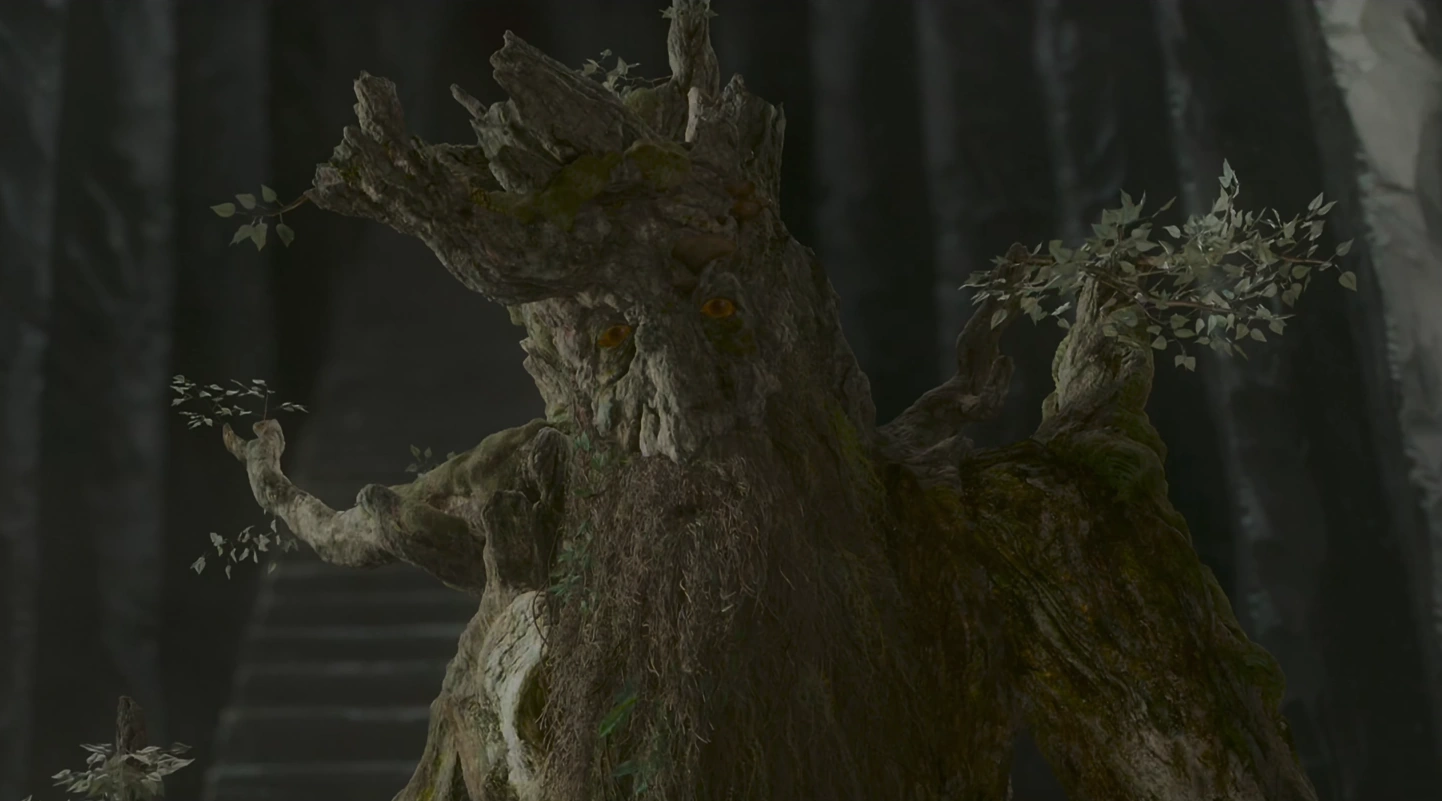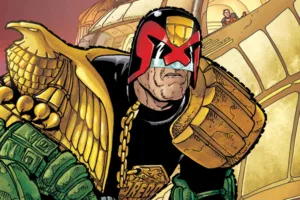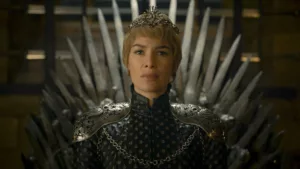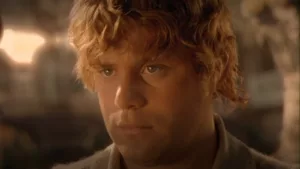In DnD, the True Neutral alignment represents those who prioritize balance and neutrality, avoiding extremes in both good and evil and in order and chaos.
Key Traits of True Neutral Characters
True Neutral characters are driven by a commitment to maintaining balance and avoiding favoritism toward good or evil. They navigate the moral landscape with a sense of detachment, often seeking to preserve the equilibrium of the world. Unlike characters aligned with specific moral principles, those of True Neutral alignment strive for a harmonious existence between all other alignments.
Beliefs and Values
True Neutral characters believe in the importance of equilibrium and neutrality. They often view the concepts of good and evil as subjective and seek to avoid taking sides. Their values center around maintaining balance in all aspects of life, whether it be in moral decisions or the natural world.
Moral Dilemmas and Actions
True Neutral characters find themselves avoiding extremes and making decisions based on situational context rather than rigid moral codes. They may act in the best interest of maintaining balance, even if it means making choices that seem contradictory to others. True Neutral characters often act as mediators in conflicts, striving to find common ground.
When it comes to taking a life, True Neutral characters may consider the broader impact on the balance of the world. They avoid unnecessary harm but may act decisively when the equilibrium is at risk, making pragmatic decisions based on the situation at hand.
The strongest True Neutral characters can take one side in a conflict at one point, and then join the opposite side later on to maintain balance between the two forces.
Actions of a True Neutral Character
-
Weighing decisions based on maintaining balance and avoiding extremes.
-
Acting as a mediator in conflicts to find common ground.
-
Avoiding rigid moral codes and making situational decisions.
-
Striving for harmony in all aspects of life, including moral choices.
-
Considering the broader impact of actions on the equilibrium of the world.
-
Acting with a sense of detachment, avoiding strong emotional biases.
-
Respecting the natural order and avoiding unnecessary disruption.
-
Seeking compromises and solutions that benefit all parties involved.
-
Valuing the importance of balance in both individual and societal decisions.
-
Adapting to different situations without being bound by a strict code.
Actions Anathema to a True Neutral Character
-
Favoring one extreme over the other in moral decisions.
-
Acting with extreme emotional bias without considering balance.
-
Disrupting the natural order without a valid reason or greater purpose.
-
Engaging in actions that cause significant imbalance in the world.
-
Ignoring the broader impact of decisions on the equilibrium of the world.
-
Being rigidly bound to a specific moral code without considering context.
-
Refusing to compromise or find common ground in conflicts.
-
Causing unnecessary harm or disruption without a greater purpose.
-
Acting solely for personal gain without considering the well-being of others.
-
Ignoring the need for balance in both individual and societal decisions.
Examples of True Neutral Characters in Popular Fiction
Several iconic characters from popular fiction embody the spirit of True Neutral:
-
Dr. Manhattan (Watchmen): The powerful being, detached from human emotions, navigates the complexities of morality without allegiance to conventional notions of good or evil.
-
Death (Discworld): The anthropomorphic personification of Death maintains a neutral stance, performing his duty without favoritism and displaying a fascination with the nature of life.
-
Treebeard (The Lord of the Rings): The ancient Ent embodies neutrality, focusing on the protection of the natural world and maintaining a deliberate and thoughtful approach to conflicts.
-
Horace Slughorn (Harry Potter): The Potions Master at Hogwarts exemplifies True Neutral traits. His actions are driven by a desire for self-preservation, personal connections, and an appreciation for talent. While he avoids extreme moral stances, Slughorn navigates the wizarding world with a pragmatic and opportunistic approach, neither fully embracing good nor succumbing to evil.




